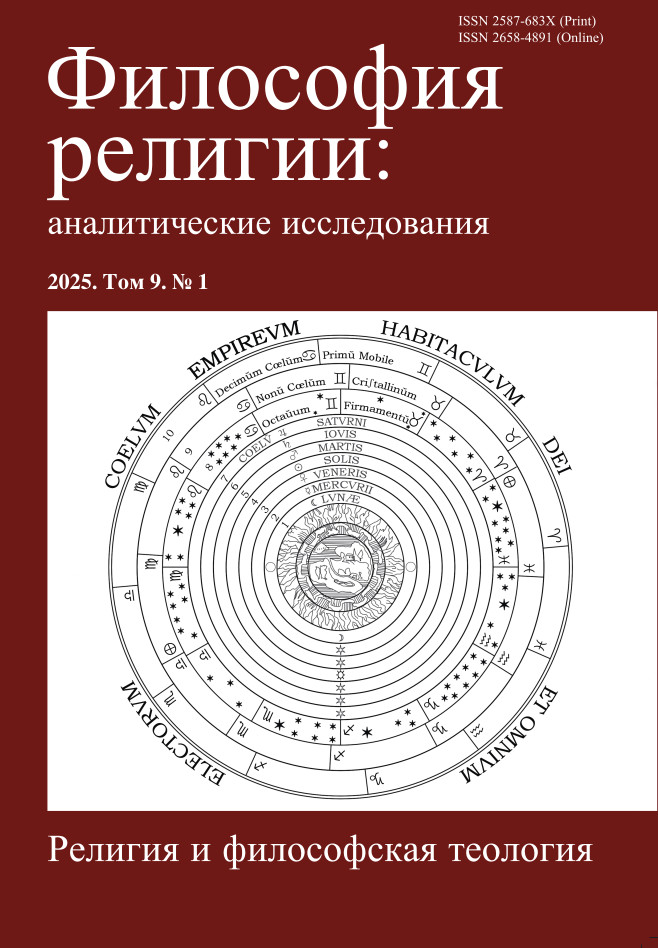Phenomenal Conservatism, Theism, and Voodoo-Epistemology
DOI:
https://doi.org/10.21146/Keywords:
analytic philosophy of religion, epistemology of religious beliefs, religious pluralism, voodoo epistemology, phenomenal conservatism, principle of credulityAbstract
In his article, Alexander Khramov argues that phenomenal conservatism (PhC) – the thesis that if something seems true to a person (S), S is justified in believing it unless proven otherwise – enhances the problem of religious diversity by rendering rational choice between conflicting religious belief systems impossible. He claims this approach leads to “voodoo epistemology” (VE) where all religious beliefs become epistemically equivalent and thus equally rational. A. Khramov criticizes PhC for enabling such epistemology, citing Dutch philosopher Hans van Eyghen’s defense of spirit beliefs as an example. He argues that this poses a threat to rationality of theism and proposes his own solution to the issue. In response, I argue that PhC does not inherently lead to VE and that Khramov’s proposed solution is inadequate. Instead, I suggest that PhC can serve as a valuable regulative principle, allowing epistemic agents to evaluate the rationality of religious beliefs based on experiences and evidence, thereby facilitating rational choice among diverse religious systems.

 This work is licensed under a
This work is licensed under a 
